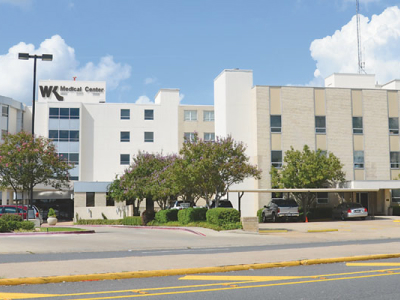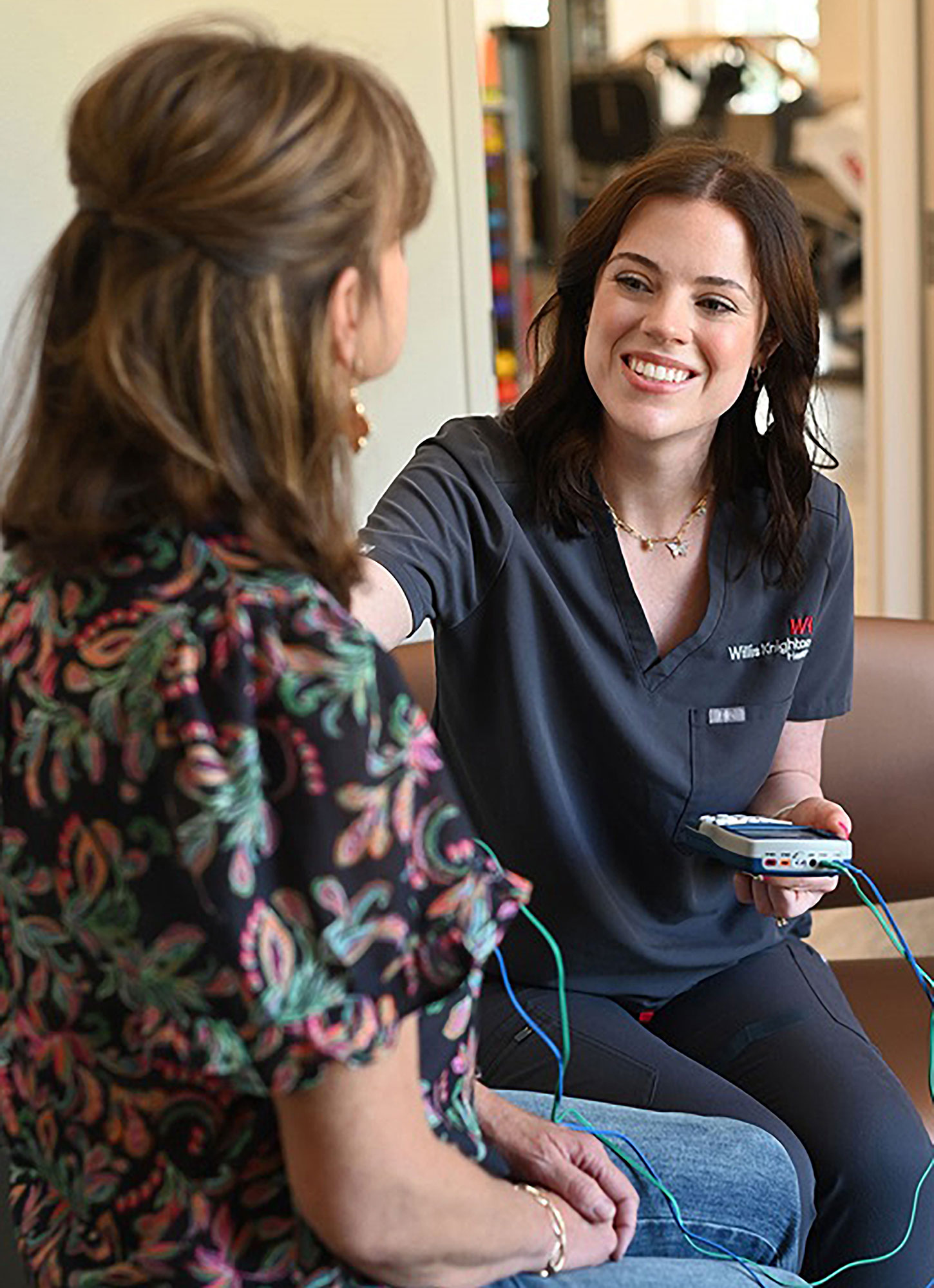Gastrointestinal
- Abdominal Pain
- Anatomy of the Gastrointestinal System
- Appendicitis
- Barrett's Esophagus
- C. Difficile Infection
- Carcinoid Tumors of the Gastrointestinal Tract
- Celiac Disease
- Cirrhosis
- Colon Polyps
- Colorectal Cancer
- Constipation (in Adults)
- Crohn's Disease
- Diverticulitis
- Diverticulosis
- Esophageal Cancer
- Excess Intestinal Gas
- Fecal Incontinence
- Food Poisoning
- Gallstones
- Gastritis
- Gastroesophageal Reflux Disease (GERD)
- Giardia Infection (Giardiasis)
- Heartburn
- Hemorrhoids
- Hepatitis C (HCV)
- Hiatal Hernia
- Inflammatory Bowel Disease (IBD)
- Irritable Bowel Syndrome (IBS)
- Lactose Intolerance
- Laryngopharyngeal Reflux (LPR)
- Opioid-Induced Constipation (OIC)
- Peptic Ulcer
- Polycystic Kidney Disease (PKD)
- Stomach (Gastric) Cancer
- Stomach flu (Gastroenteritis)
- Traveler's Diarrhea
- Ulcerative Colitis
- What Does the Appendix Do?
- What Does the Gallbladder Do?
- What Does the Liver Do?
- What Does the Pancreas Do?
- What Does the Spleen Do?










